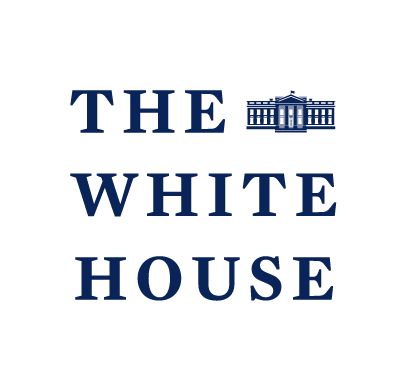Cybersecurity in Elections: International Collaboration to Counter Interference Threats
by
May 15th, 2024
Audio Presented by

The White House is the official residence and workplace of the president of the United States.
About Author
The White House is the official residence and workplace of the president of the United States.
